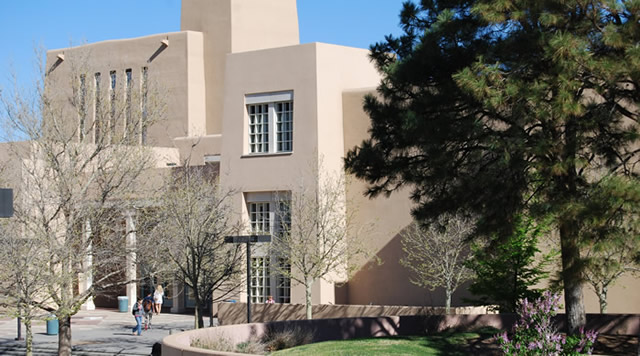
University Libraries & Learning Sciences Faculty and Staff Publications
Document Type
Other
Publication Date
2020
Abstract
Online wisdom communities provide virtual spaces for diverse learners to discover collaborative solutions to real-world problems. Working for the common good, communities based on wisdom encourage both individual and collective growth. Based on sociocultural theory, we developed an instructional design framework, “WisCom,” that guides educators in cultivating culturally inclusive online environments, such as courses and web-based training sessions. Within the WisCom framework, practitioners can tailor existing tools and platforms, such as Moodle and Sakai, to encourage collaborative discussion and problem-solving. However, a platform created with the tenets of WisCom in mind has not yet been designed. Based on our previous research and practical work in higher education, we are now devising a custom platform to support an online wisdom community of instructional designers, instructors, trainers, and other practitioners. In our 2019 book, “Culturally Inclusive Instructional Design: A Framework and Guide to Building Online Wisdom Communities,” we outlined specific recommendations for building software informed by the WisCom framework. Some of the design considerations we identified included (1) integrated needs assessments and co-mentoring features; (2) built-in support to engage in the collaborative inquiry cycle, the social-learning-based process at the heart of the a WisCom experience; (3) support for a variety of input types, including verbal and visual options; and (4) well-designed communal spaces, for example, discussion forums that support both asynchronous and synchronous communication. Although existing systems can be adapted to cultivate wisdom communities, our research shows that technology designed with certain teaching or learning philosophies in mind is more likely to promote those philosophies when used by educators and students. This presents us with a core question: What would it look like to design a virtual space, from the ground up, to encourage the formation of a wisdom community? This paper attempts to provide preliminary answers by outlining the critical features of an LMS designed with the Wisdom Communities framework in mind. We first present a brief overview of the state of LMS research. We then describe core tenets of the system: communication over content, simplicity over complexity, connections to ideas and people, flexibility, and accessibility. Next, we detail six essential subsystems: needs assessment, co-mentoring, conversation, people, collaborative inquiry, and tracking. Finally, we provide concluding thoughts and outline next steps.
Publication Title
Proceedings of the 2019 ICDE World Conference on Online Learning
Volume
1
First Page
272
Last Page
281
DOI
http://dx.doi.org/10.5281/zenodo.3804014
Language (ISO)
English
Keywords
Learning Management System, Sociocultural Learning Theory, Cultural Inclusivity, Software Design, Wisdom Communities
Recommended Citation
Frechette, C., Gunawardena, C. N., & Layne, L. (2020). From Theory to Platform: Designing Software to Support Online Wisdom Communities. In M. Brown, M. Nic Giolla Mhichil, E. Beirne, & E. Costello (eds.), Proceedings of the 2019 ICDE World Conference on Online Learning, Volume 1, (pp. 272-281). Dublin, Ireland: Dublin City University, http://dx.doi.org/10.5281/zenodo.3804014
Creative Commons License

This work is licensed under a Creative Commons Attribution 4.0 International License.

Comments
Brown, M., Nic Giolla Mhichil, M., Beirne, E., & Costello, E. (eds.) (2020). Proceedings of the 2019 ICDE World Conference on Online Learning, Volume 1, Dublin City University, Dublin. http://dx.doi.org/10.5281/zenodo.3804014